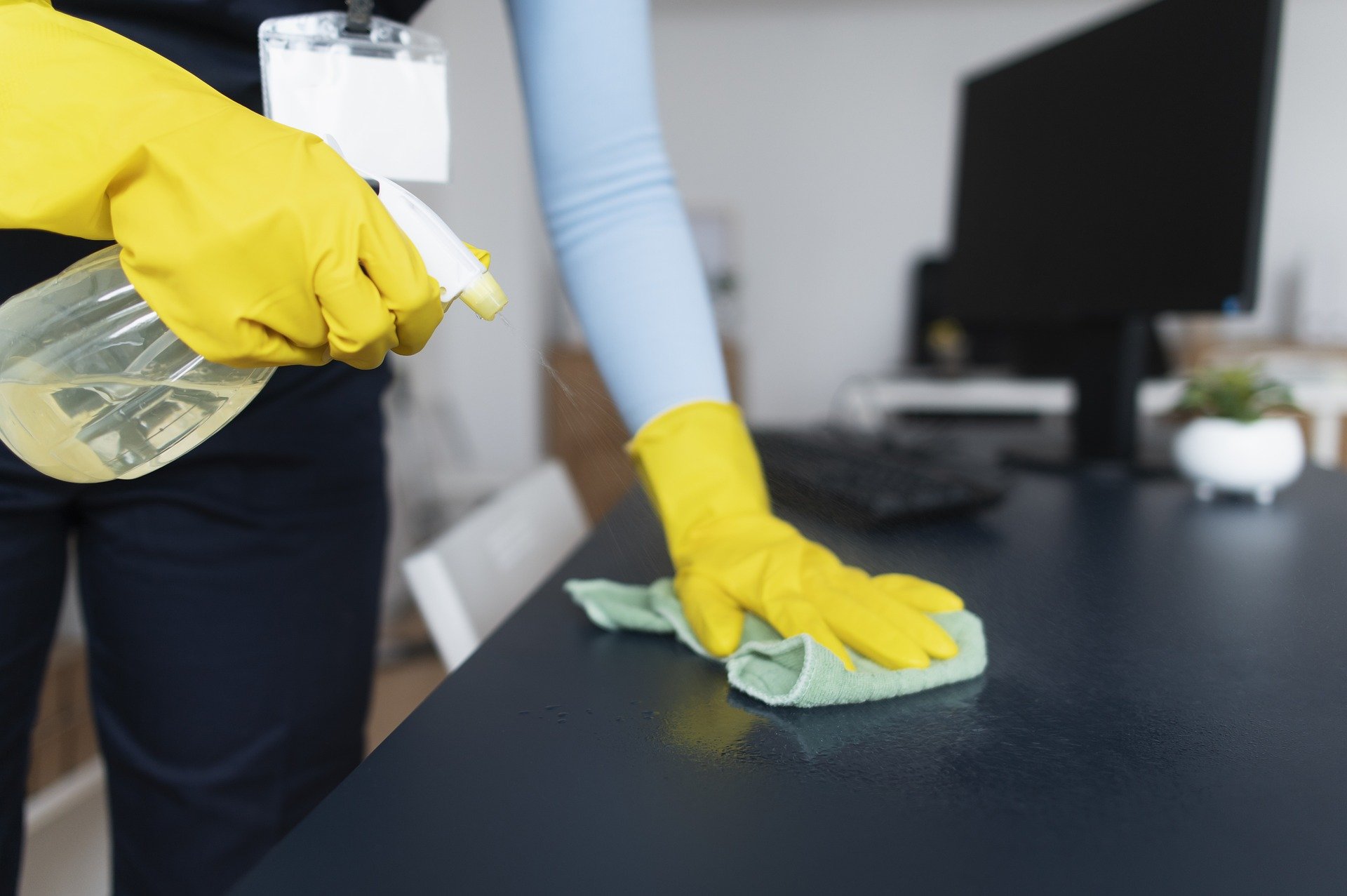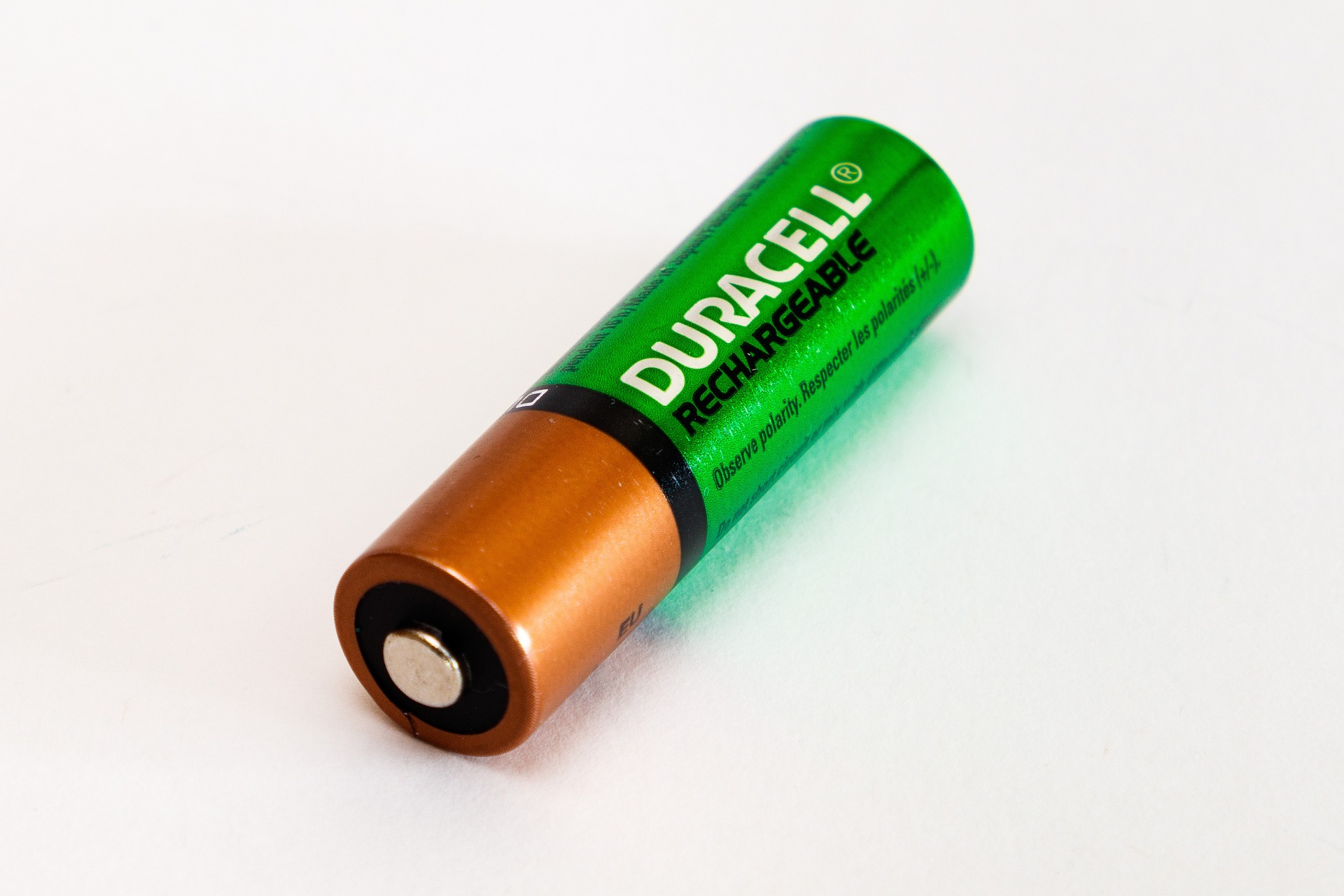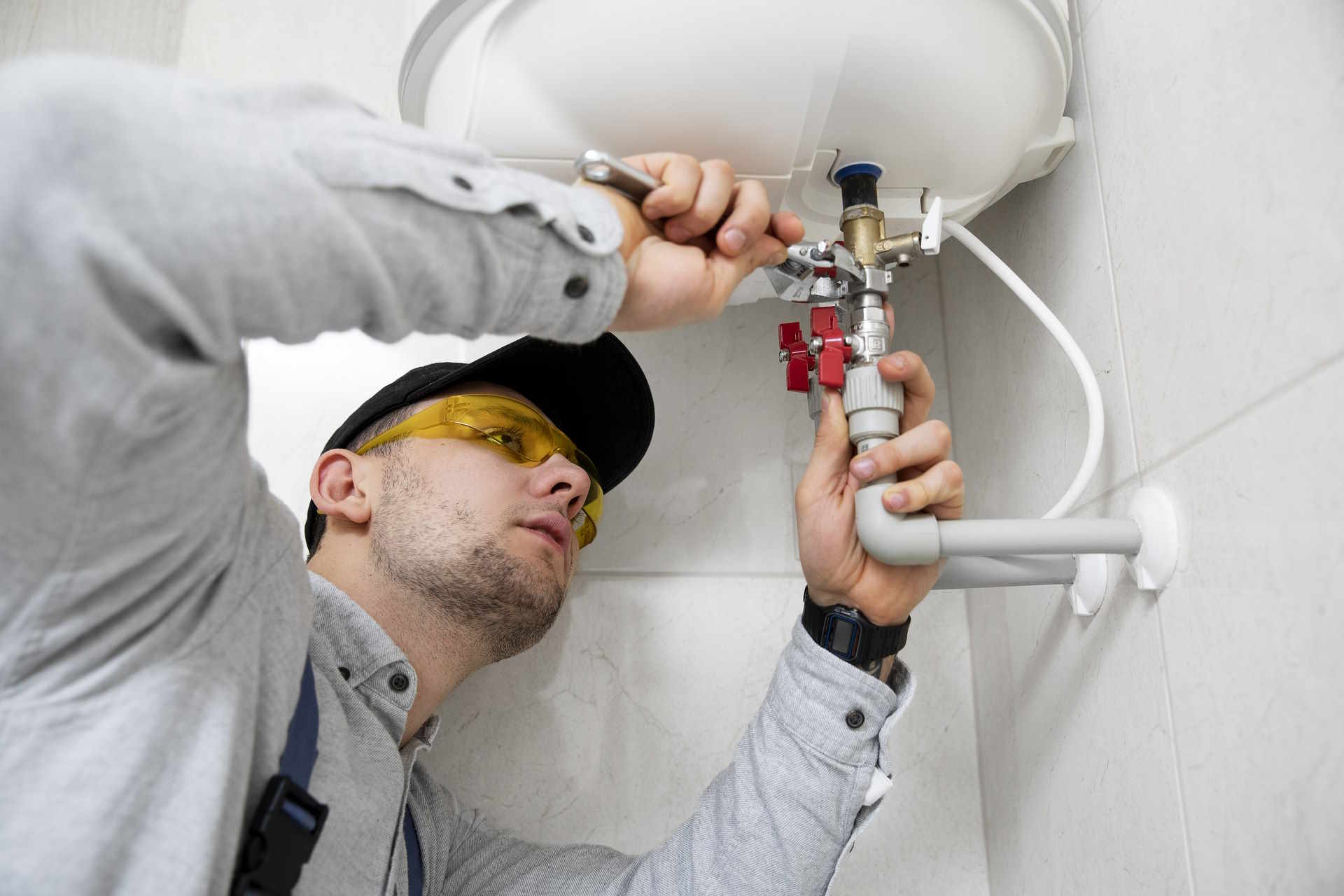Cleaning Jobs Guide
In today's dynamic job market, cleaning jobs offer a stable and essential career path for many individuals. From residential housekeeping to specialized industrial cleaning, the field encompasses a wide range of opportunities. This guide will explore various aspects of cleaning jobs, including types of positions, required skills, and potential career growth opportunities.

What types of cleaning jobs are available in the industry?
The cleaning industry offers diverse job opportunities to suit different skills and interests. Residential cleaning jobs involve maintaining private homes, while commercial cleaning focuses on offices, retail spaces, and other business environments. Specialized cleaning jobs include industrial cleaning for factories and warehouses, as well as niche areas like crime scene cleaning and biohazard remediation.
Cleaning subcontractor jobs are also prevalent in the industry, allowing professionals to work independently or for multiple cleaning companies. These positions often provide flexibility in scheduling and the potential for higher earnings. Additionally, green cleaning jobs have emerged as a growing sector, catering to environmentally conscious clients and businesses.
What skills and qualifications are needed for cleaning jobs?
While many entry-level cleaning jobs don’t require formal education, certain skills and qualities are essential for success in this field. Attention to detail is crucial, as cleaners must ensure thorough and consistent results. Time management skills are also important, especially when working on tight schedules or in large facilities.
Physical stamina is necessary, as cleaning often involves standing, bending, and lifting for extended periods. Knowledge of proper cleaning techniques and safe handling of chemicals is vital, particularly for specialized cleaning roles. For supervisory positions or roles in larger organizations, strong communication and leadership skills are beneficial.
How can one start a career in the cleaning industry?
Starting a career in the cleaning industry is relatively straightforward. Many begin with entry-level positions in residential or commercial cleaning, gaining experience and developing skills on the job. Some companies offer on-the-job training programs, teaching proper cleaning techniques and safety protocols.
For those interested in specialized cleaning jobs, such as bio cleaning or crime scene cleaning, additional training and certifications may be required. These can often be obtained through professional organizations or specialized training programs. Networking within the industry and seeking mentorship from experienced professionals can also help advance one’s career in cleaning.
What are the potential career growth opportunities in cleaning jobs?
The cleaning industry offers various paths for career advancement. With experience, cleaners can progress to supervisory roles, managing teams and overseeing larger projects. Some may specialize in particular areas, such as carpet cleaning or window washing, becoming experts in their niche.
Entrepreneurial individuals might start their own cleaning businesses, either as independent contractors or full-service cleaning companies. Others may transition into related fields, such as facilities management or environmental services in healthcare settings. Continuous learning and adaptability are key to seizing growth opportunities in this evolving industry.
What unique challenges and rewards come with specialized cleaning jobs?
Specialized cleaning jobs, such as bio cleaning and crime scene cleaning, present unique challenges and rewards. These roles often involve dealing with hazardous materials and emotionally challenging situations. Bio cleaning professionals may encounter biohazardous waste in medical facilities or crime scenes, requiring strict adherence to safety protocols and emotional resilience.
Crime scene cleaning, in particular, demands a strong stomach and the ability to work in high-stress environments. However, these specialized roles often come with higher pay rates and the satisfaction of providing a crucial service to communities in need. The technical skills and certifications required for these jobs also make them less susceptible to automation and outsourcing.
How do cleaning subcontractor jobs differ from traditional employment?
Cleaning subcontractor jobs offer a different working model compared to traditional employment. As subcontractors, cleaners typically have more control over their schedules and the types of jobs they accept. This flexibility can be particularly appealing for those seeking work-life balance or supplementary income.
However, subcontractors are responsible for their own taxes, insurance, and equipment, which can be challenging for those new to self-employment. They may also need to actively seek out clients and manage their own business operations. Despite these challenges, many find that the potential for higher earnings and greater autonomy outweigh the additional responsibilities.
| Job Type | Average Hourly Rate | Specialized Training Required |
|---|---|---|
| Residential Cleaning | $12 - $25 | Minimal |
| Commercial Cleaning | $14 - $30 | Basic to Moderate |
| Bio Cleaning | $18 - $40 | Extensive |
| Crime Scene Cleaning | $25 - $50 | Extensive |
| Cleaning Subcontractor | $15 - $50+ | Varies by Specialization |
Prices, rates, or cost estimates mentioned in this article are based on the latest available information but may change over time. Independent research is advised before making financial decisions.
In conclusion, cleaning jobs offer a wide range of opportunities for individuals with various skills and career goals. From entry-level positions to specialized roles and entrepreneurial ventures, the cleaning industry provides paths for growth and stability. As the importance of cleanliness and sanitation continues to be emphasized in various sectors, the demand for skilled cleaning professionals is likely to remain strong.




